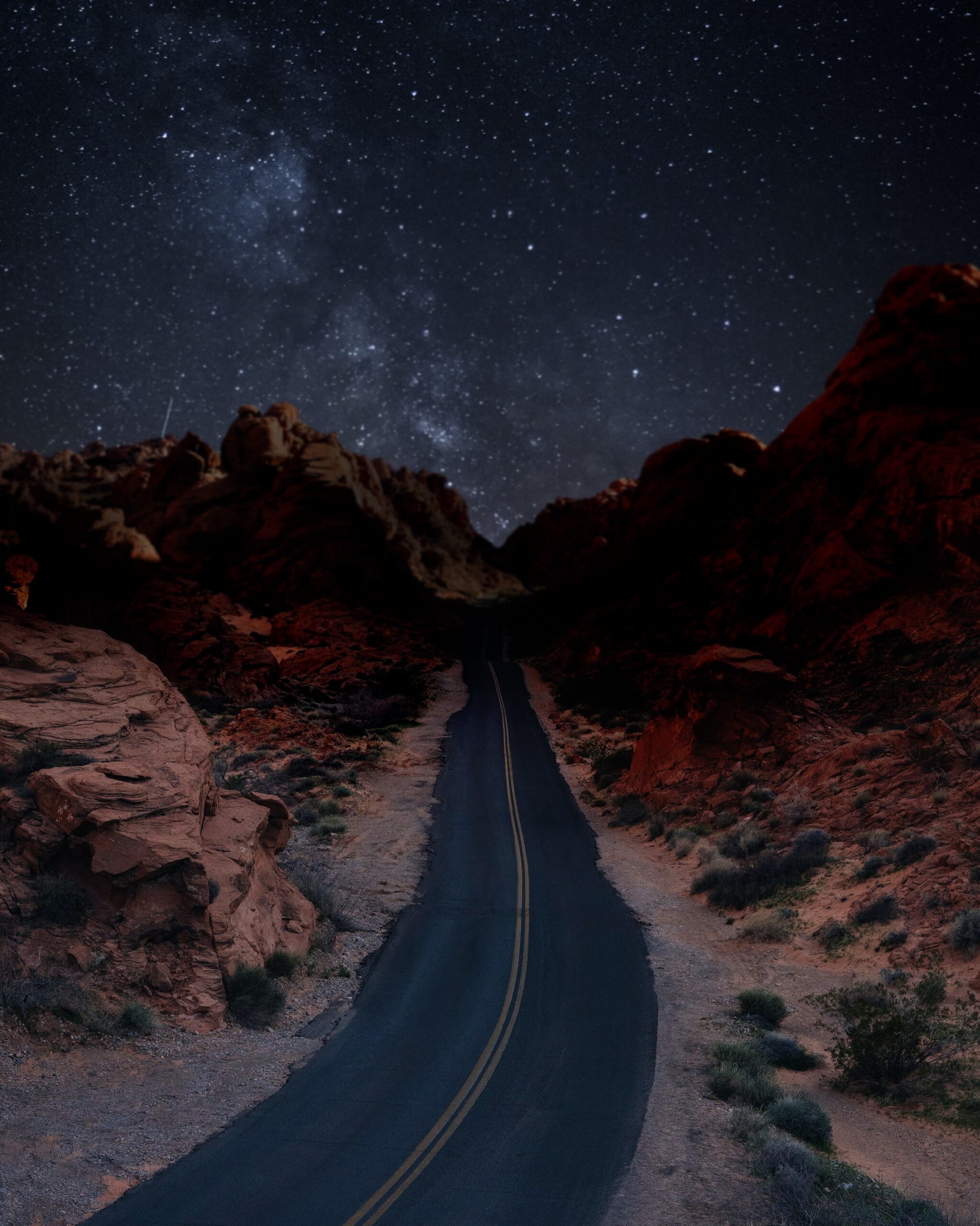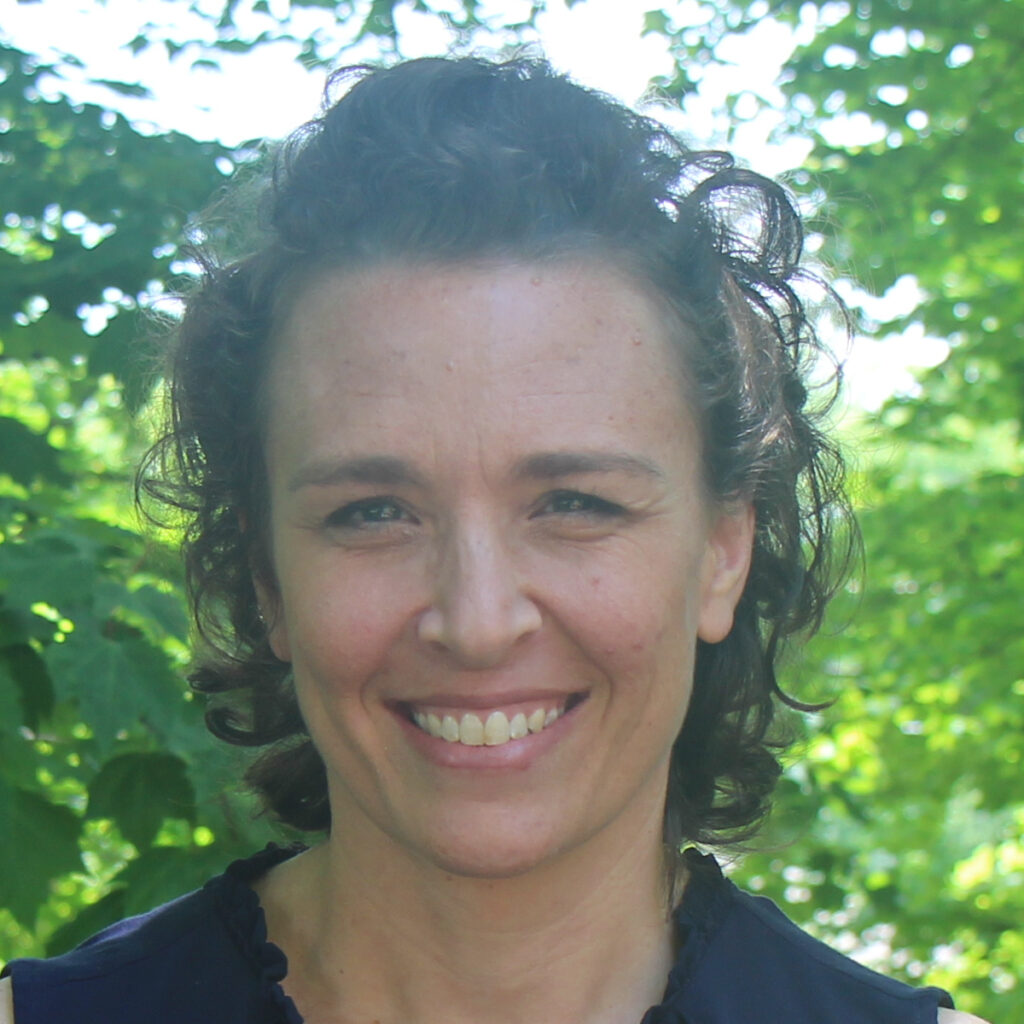by Jessamyn Rains

The First Watch
It was dusk. The bus was gray and loud, and the depot was dusty and full of shadows. Stefan bought his ticket and boarded the bus. He walked to the seat by the window in the back corner and sat down.
At long last, the bus began to move through the gritty town and its scrubby outskirts. Sad-looking houses and boarded-up shops ruffled past his window. People hovered in their dirt-yards and on their crumbling front porches. He could see their eyes and the tips of their glowing cigarettes as the bus flashed by.
It was late winter, wet and foggy, with a few warm hours in the afternoon. A thick layer of haze hung heavy in the air, trapped between the earth and sun.
Stefan had come to this town when psilocybin mushrooms were legalized for therapeutic purposes. Since “therapeutic” was broadly defined, and since he had been growing mushrooms in mason jars for his own therapeutic use for many years, he made a good amount of cash.
A three-week-long party ensued in which Stefan was one of the central figures, one of the spokes around which the party seemed to revolve. He attributed his popularity to a personal quality that he thought of as “flow.” First, there was his cash flow. Second, his appearance exemplified “flow:” His long golden-brown hair flowed past his shoulders. His clothing, also, had a flowing, drapey quality and moved in a rippling motion when he walked, lightly brushing the ground.
Most importantly, he flowed with people, with experiences. People and experiences flowed in and out of his life. Life came and went like water. Because of this, he could live in a detached kind of way, and this is what gave him his personal magnetism.
That and the herbal and chemical enhancements he regularly imbibed and provided for others.
As winter approached, his friends and companions started going their separate ways: some went back “home,” wherever home was, and some went south, where the weather was better. Stefan was undecided so he stayed in town. He wore stocking caps and colorful woven ponchos and thick socks under his birkenstocks, and he found himself alone more and more of the time. He began to frequent a little cafe called The Vibe, where he would drink two or three shots of espresso and read a few lines of esoteric literature and look out the window and think a deep thought or two.
Daily, at around dusk, he watched the Gainfully Employed–about 45% of the town–drive home for the evening in their Fords and Hondas.
It was one of these times when he looked over at Roger, another regular at The Vibe, sitting one table over with greasy hair and a half-grown beard, and said, “Dude, I think I’m losing my flow.”
Roger took a long, slow drink of his coffee and stared straight ahead. Then he said, “You need to get you a bus ticket outta here. Go up into them mountains.”
“Which mountains?”
“You can’t see ‘em cuz of the smog, but there’s mountains out that way,” Roger said, gesturing toward the window.
The night deepened. The bus broke loose of the city and hurtled down a highway through the black countryside, in and out of small towns, past trees and empty fields.
Then it stopped at a massive gas station–lit up like a Las Vegas hotel–for a good hour or so, and Stefan got out and had two hot dogs (though he had espoused vegetarianism for the past six weeks) and smoked a cigarette in the wasteland behind the building.
The bus picked up a few new travelers at the gas station, and one of them sat next to Stefan. He was short and red-faced, with thick feathery hair. He wore wire-framed glasses, a button-down shirt, faded jeans, and dirty-white tennis shoes with velcro. He carried a paper bag on his lap.
“Name’s Amos Joe,” the man said, holding out a hand to Stefan.
“Right on. I’m Stefan.” Stefan took the proffered hand and shook it firmly.
“Just got outta the big house,” Amos said.
“Which house?”
“Prison.”
“Oh, right on, dude. Where ya headed?”
“Home.”
“Nice.”
The two fell silent and Stefan closed his eyes again and leaned on the window. He was in that shadowy realm between sleep and waking when he heard Amos speak:
“Has anyone ever told you that you look just like Jesus?”
“Huh?”
“Your hair, your beard. Even your clothes. You look just like Jesus.” The man pulled a big brown leather-bound Bible out from his paper bag and turned to a painting in the middle of it. The picture was of Jesus in profile, knocking on a little red door.
“Jesus is alright with me, dude,” Stefan said.
“I got me a little religion in the big house,” Amos said. “Who else you gonna turn to when you got no one else?”
“Right on,” Stefan said, “I’m not religious, but I am spiritual.” And he closed his eyes again and tried to sleep as the bus rumbled through the dark countryside.
The Second Watch
Stefan opened his eyes.
All the other passengers appeared to be sleeping, their feet stretched out into the aisle, or lying on their sides across two seats, or leaning back with mouths wide open, or slumped over suitcases and backpacks.
Amos Joe appeared to be sleeping fitfully, with his paper bag on his lap, his glasses slipping down his nose, and his head lolling to the left, then to the right, then falling forward. Stefan took off his poncho and put it behind Amos’s neck and bunched it up on the shoulders so that his head could rest on the side of it, like an airplane travel pillow.
He was cold without his poncho, and he shivered in his white linen shirt. But he silently congratulated himself for his good deed and glanced at his profile in the window:
Like Jesus, hair flowing past his shoulder.
And then the reflection seemed to mock him:
You’ve been selling mushrooms without a permit.
Yeah, so?
You left your job without giving two weeks’ notice.
Ok, that was kind of a jerk move, but they were jerks too.
You broke your lease. You left your roommate to scramble for someone new, desperately flinging out Craigslist ads and social media posts and flyers on grocery store windows.
Yeah, another jerk move.
You ghosted your girlfriend, ghosted your parents, changed your phone number without telling anyone, left without a forwarding address.
Whatever, dude. Are you gonna go there? Yep, you’re going to go there. Go ahead and say it.
And before all that, you left your child.
He had a ten-year-old somewhere, a girl he’d seen only three times. The first time had been hours after her birth, and he had looked into that smashed-up little face and those squinty eyes, and he had felt nothing but an impulse to flee. To flee that wrapped up bundle and the baggage she came with–the woman in a hospital gown– the swollen woman cut and stitched up–the woman disappointed, angry, bitter, explosive.
The woman he did not love.
Whom did he love? He loved everyone and no one. He loved movement. He loved flow.
The second and third times he’d seen his child had been at the mother’s house, when the baby was three weeks old, then six weeks. He’d gone dutifully, had sat sullenly on the couch. The baby lay on the floor with balled up fists, punching and kicking the air. The mother said she was fighting postpartum depression.
He had brought diapers and formula and Chick Fil A.
That was before he had gone vegetarian. That was a different Stefan, short-haired, baby-faced, with a floppy 90s hairdo. That was a guy who wore basketball T-shirts and tennis shoes.
It wasn’t him, so it didn’t count.
In ten years, all the cells in a person’s body have replaced themselves, he told himself. I am finally free. I am someone else.
But the American government thought differently and had begun docking his pay for child support.
And the reflection in the window–those deep, spiritual-but-not-religious eyes–reproached him. Surely Karma would make him pay.
The Third Watch
Black hour after black hour, the bus rumbled over rough roads. Almost nothing was visible outside. Everyone was sleeping. There was the rise and fall of chests, the sound of breathing. Dark silence.
And every once in a while, there was a fire. Outside, in the blackness. A burning fire by the edge of the road. People gathered around, their hands and faces to it. Were they rising for the day, or had they been watching through the night? He could not tell; he had lost his sense of time.
The bus moved, but he could not move–there was nowhere to move–just a cold window on his right and a sleeping man on his left. He could not seem to flow past the thoughts. Thoughts of all his misdeeds, big and small. He thought of money, books, pens he had borrowed and not returned. Phone calls he had not made, letters he had not written.
Affection he had not returned.
Debts of gratitude he’d left unpaid.
There was one thing more: there was the thing, half-buried in his consciousness, like an ancient artifact which, if exhumed, would tell all.
He could feel the bus ascending, could feel it making a sharp turn, could feel it jerking as it shifted into another gear.
And down he went, as the bus ascended, down into the depths of the memory he’d worked so hard to keep sealed up.
There had been an accident when he was a new driver. He’d taken a curve too fast on wet roads, had driven right into a tree. The boy in the passenger seat–a classmate, a fellow basketball player–had been killed on impact.
The boy had been sixteen years old, lanky, freckled, with sandy hair and a mouthful of braces. Stefan remembered the way he would blush easily, at the mildest teasing. He hadn’t known him well, which seemed to make it worse somehow. More random, more senseless.
His name was Andrew.
He hadn’t gone to the funeral, hadn’t gone anywhere, not even to school, for about a month.
And when he returned, no one said a word to him about it. But he could see their thoughts on their sober faces.
The tree had been turned into a memorial: flowers, a cross. Teddy bears. A picture of Andrew in his basketball uniform. Andrew had had a girlfriend, a sister, a mother–a librarian named Sue–and a father–a Baptist preacher named Jim.
They’d come and stood on his porch, Jim and Sue. Jim had a Bible in his hands. He looked at Stefan with heartbreaking heaviness and gravity.
“We want you to know that we forgive you for what happened to Andrew.” And then the corners of Jim’s mouth had turned downward, and his lower lip had puffed out as he stifled a sob, and Sue was wiping at her eyes with a tissue.
“As Christ has forgiven us, so we must also forgive. ”
Stefan had looked down and said nothing. Those words of forgiveness had been no consolation. They were just words. Empty words. There was nothing he could do, nothing he could say, and nothing he could give that would fix what he had done. Nothing would bring Andrew back.
Sunrise.
The bus rolled to a stop. Stefan’s window faced northeast, and he could see a hint of sunrise far off, over the tops of distant mountains. The sky was lightening near the horizon, and the black was giving way to a deep blue. Through the front window of the bus, he could see that the road was narrow. It appeared to be too narrow for the bus to pass through. The driver put the bus in reverse, turned his body halfway around, looked over his right shoulder, and began to back up, slowly. Stefan could see sweat pouring down his face, though the morning was chilly, almost freezing.
Then there was a slipping sensation–the slipping and sliding of tires in mud, to one side, then to the other–and then a drop: Stefan felt it in his stomach before he knew what it was. It was almost like slowly tipping over the curve of a roller coaster and plunging downward at top speed. It was almost like the first time he dove off a cliff above the Zambezi river with a bungee cord attached to his foot.
It was almost like ramming into that tree–getting that call–opening that letter in the mail, the letter with the bad news.
There was a collective gasp from several of the passengers who also felt the sliding and the dropping.
Then there was a jerk, and a stop, and a grinding sound.
Stefan looked out his window: one back wheel had slipped off the side of the mountain. He was hanging over a gorge. He–in the back right corner of the bus–was hanging over nothing. Over empty air. In the darkness, he could not perceive the depth of the gorge. It appeared to be bottomless.
The bus seemed to be gripping the mountain with all its might, and the collective gasp of the passengers turned into a cacophony of shrieks and tremulous cries. Some of the people began to run toward the front door in an attempt to escape.
“SIT DOWN! SIT DOWN!” The bus driver yelled, gesticulating desperately and pouring sweat. One of the passengers yelled back, “I’M NOT STAYING IN HERE TO DIE!”, and he seized the lever that controlled the door–tearing it out of the bus driver’s hands–- and opened it, and several people shoved themselves through the narrow opening.
But Stefan, in his panic, could not–would not–did not move.
With the movement and change of weight distribution on the bus, the wheel seemed to slip farther down the cliff, and Stefan felt the drop in his stomach again, even worse than the first time.
So this was it: a beautiful design of karma. He would be flung into the gorge, where no one would find him. He contemplated the rightness of it, the beauty and justice of his body breaking and bursting on the rocks below, his bones lost forever in an uninhabited wasteland.
He thought of his mother and father, his estranged friends, the child he had neglected.
He thought of Andrew.
And then, as a streak of pink appeared in the sky, he seemed to hear Pastor Jim’s words again: “We want you to know that we forgive you for what happened to Andrew.” And a new thought struck him.
What if they meant it?
What if it wasn’t just something to say? What if forgiveness meant something?
The rim of the sun was visible on the edge of a mountain, and the sky flooded with light. He could almost envision a new kind life for himself. He couldn’t fix everything. He couldn’t make amends for all that he had done. But maybe he could love people. Maybe he could be a better son. Maybe he could be a father to his child.
At least, he could try.
And then, he heard Amos Joe praying:
“Lord Jesus we ask you to guide the bus driver’s hands and lead us up the mountain to safety…” the words trailed off, and Stefan silently prayed his own prayer.
Show me forgiveness. Give me another chance at life.
The driver put the bus back in drive and gunned it forward and stopped about a foot from the side of the mountain. There was a massive bump and another jerk. Stefan’s head flew back and hit the seat behind him, and the wheel that had fallen off the mountain was back on the road.
A collective, spontaneous roar of joy and gratitude filled the bus, and Stefan felt tears springing to the corners of his eyes. He looked over at Amos Joe, who also had tears streaming down his cheeks.
Then the bus driver put the bus in reverse once more, and slowly backed down the narrow road. Then after nearly twenty minutes of slow, careful driving, barely creeping forward, hugging the side of the mountain, the bus came to a road that curved off to the left and wrapped around the other side.
When the immediate danger appeared to be over, Stefan–with inexpressible relief and hope–leaned against the cold window and went to sleep.
When he awoke, the bus was parked at a gas station in a small mountain town. He sat up. He was wrapped in his poncho. He stood up on stiff, unsteady legs, and stepped off the bus and into the world. The air was fresh and clean, and the sun shone brilliantly.
Amos Joe handed Stefan a cup of coffee in a styrofoam cup he’d gotten from the gas station. “We’re home,” Amos said. “Wanna come meet my folks?”
“Right on,” Stefan said.

